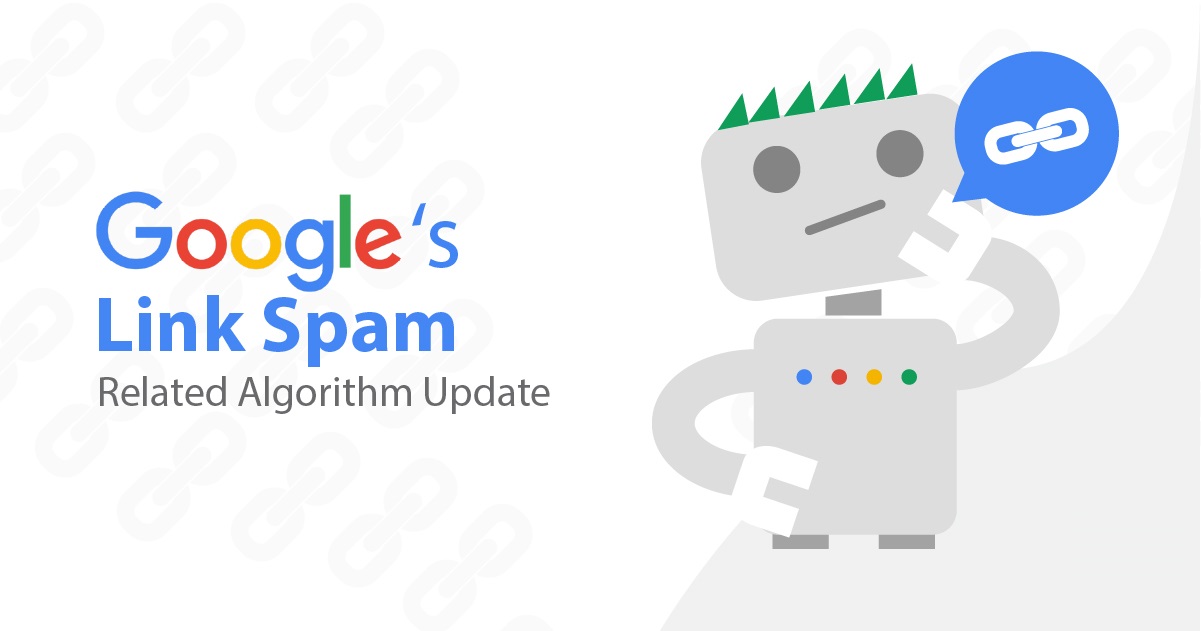What is the Link Spam Update, and How do You Recover from Google updates?
Google’s Link Spam Update is its gift to the digital world before the end of 2022. The global algorithm update took about two weeks to roll out. But what is the update all about, and how do you recover from Google updates? As an SEO company in Pune, we would like to help you delve a bit into the update.
What is the Link Spam Update?
In July last year, Google announced its efforts to combat poor-quality content from ranking high, which was the Link Spam Update. But what is this update all about? Links, as you all know, are essential to SEO and are a way via which Google determines what content deserves ranking and what is fit to stay at the bottom.
But links are so crucial to the digital industry that everyone pivots their digital efforts on providing links to the content. While some of them are legitimate, a lot aren’t. Google has already told what they see as organic and inorganic. The link spam update focuses on sponsored guest posting, affiliate links, and paid links.
What’s Changing with the Update?
Google is attempting to become even more effective at identifying and nullifying link spam more comprehensively across various languages. Sites participating in link spamming will notice changes in Search as Google’s algorithms are re-assessing them.
A couple of important things to note here include – Google is improving itself on spotting unnatural links and that it will nullify them, which is ignoring them in their ranking algorithms. But it isn’t as easy as Google says that when they see sites engaging in publishing or acquiring links with excessive guest and sponsored posting without proper link tags, it will apply algorithmic and manual actions.
What Does the Update Mean for Business?
What do you do with this update? It depends on two things – do you rely on monetizing links via affiliate or sponsored guest posting or engaged in SEO around this issue?
For Blogs
Google clearly indicates that it is the business’s responsibility to start tagging links properly if placed following a money exchange. If you have tagged links with ‘nofollow,’ you need not go back and change them to ‘sponsored.’ But you must try doing it in the future.
For Business Engaged in SEO
Paid link placements aren’t good. It isn’t because they might lead to penalties but also because they are a sheer waste of money. So, in the temptation of a little short-term value, you are thrown back years when it comes to organic presence. Some tips on what you should do after the update include the following.
- Diversify your link portfolio if your SEO strategy relies heavily on guest blogging. Emphasize earning the best links rather than purchasing them.
- In the case you have done paid link placements, reach out to them to add the rel=”sponsored” tag to any link.
- Monitor rankings and traffic to pages for which you’ve bought links.
This can get technical. So, partner with an SEO company in Pune .
But remember, Google is more likely to nullify spam links than penalize you for them. So, you might not necessarily have to do a massive cleanup. Instead, you can focus on what’s important to take steps aligned with the update.
How to Recover from Google Updates?
Following Google’s guidelines is the key to being successful and recovering as quickly as possible. Working the technicalities of SEO with an SEO company in Pune like BrainMine can help you. We are comprehensive SEO experts with an unfathomable understanding of SEO and the digital cosmos in its entirety. Please write to us at info@brainminetech.com to learn more about our SEO services.


